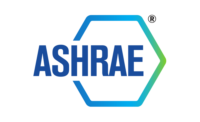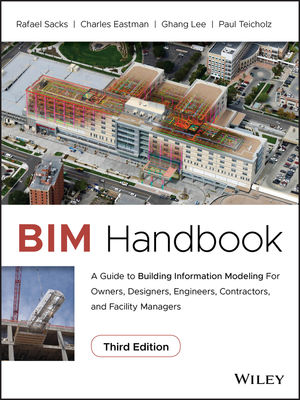Travel restrictions plus the reduced desire to travel, when coupled with the amount and diversity of information necessary to learn, are driving us to more online training. As e-mail becomes the way we think, learn, and communicate, the value of interactive e-mail relationships with peers and mentors is adding fuel to this process. As the acceptance of Web-based everything increases daily, increasing our educational boundaries online seems to be a very natural evolution.
The Asynchronous Classroom
In a recent interview on Web-based training (found atwww.automatedbuildings.com/news/apr02/int/mcgowan.htm), Jack McGowan stated, "It will be years before it is truly understood how the tragic events of [Sept. 11] have impacted every aspect of life in the United States.One major area of impact, of course, has been on travel, and the fact that both individuals and companies have cut back dramatically. This has affected many businesses, including the professional training business, and perhaps accelerated the trend toward Web-based training.
There are a number of factors that have already created tremendous demand for professional development that is completely flexible and not dependent on a specific time or place. Enter the Web, and the concept of asynchronous learning environments. Given the current climate toward travel, this is an optimum way to offer professional development training without travel, and employees can be asked to do it on their own time."
Sinclair: "What is an asynchronous learning environment?"
McGowan: "The real benefit of Web-based training, as with other virtual offerings, is to create a virtual classroom that students can log in to anytime, anywhere. Think of the traditional classroom as synchronous, everyone must arrive at the same time and participate for learning to take place, and to pass the course! Asynchronous environments rely on a virtual environment, like a chat room, that participants can log on to at any time. Lectures, messages, and other posting information will be there for participants to read and respond to, and therefore it is possible to have ongoing, open-ended dialogues. Even though the full group does not sign on simultaneously, they are able to create dialogues on topics and comment on both course materials and real-world data."
Sinclair: "How do professionals take an online seminar?"
McGowan: "The first requirement, of course, is to identify an organization that offers a seminar topic that is of interest. The next step is to sign up and order materials. A seminar course book is typically made available to provide a reference document and the participant will be given assignments.
This form of training is self-paced in terms of time, but the seminar materials provide a detailed outline of the reading and written assignments that must be completed along with the dates that these will be due. The participants will post a bio in a public venue and on a regular weekly basis will sign on to the public virtual environment. Participants will read and, if desired, download topics from the public classroom and interact with other seminar members.
This is an excellent opportunity to share with some of the seminar's greatest resources, other participants. As written assignments are due, participants will submit these to the instructor's personal e-mail. The instructor will provide feedback or grading on written submittals and, at the end of the seminar, issue a certificate of completion."
One Place to Start
AutomatedBuildings.com is providing a new service to our readers: online training by industry experts.We are providing a virtual online classroom for specialized courses about the large-building automation industry. The approach to course presentation is kept simple and low tech, allowing anyone with an industry-related course to present it through AutomatedBuildings.com. If you are interested in creating and presenting or suggesting a course, e-mail us at AutomatedBuildings.com.
Use online training to educate your staff about the rapidly changing environment around them. Be certain to investigate the possibilities of using online training to educate your clients about your products and services. The process is not complex or even time consuming. Existing paper-orientated training courses can often be easily dusted off and reformatted into informative, low-cost, available anytime, anywhere training. Providing this new service increases our ability to communicate the complex information necessary about our products and services. ES




